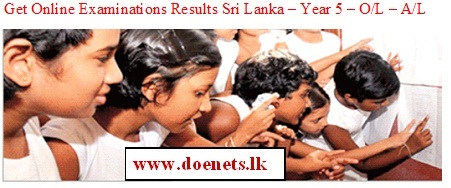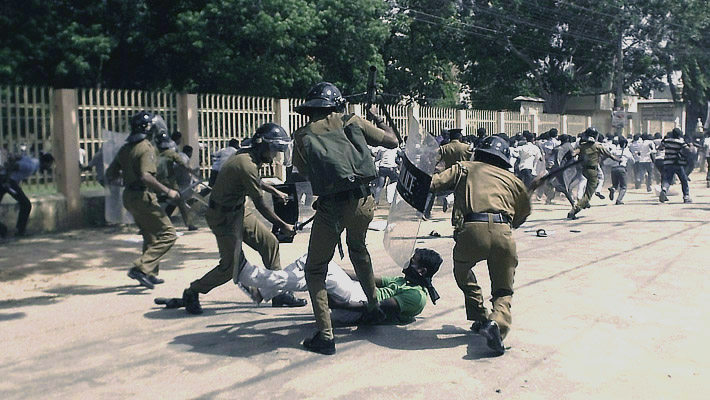University of London graduate promotes new business development in
Sri Lanka
Chalinda Abeykoon’s University of London degree has equipped him
with the knowledge and skills to contribute to the growth of Sri Lanka’s IT
industry.
After graduating with a BSc Information Systems and Management in
2009, Chalinda secured a job at the Information and Communication Technology
Agency (ICTA) of Sri Lanka, which is the apex body involved in ICT policy and
direction for the nation.
Working in the Investment and Private sector development programme,
Chalinda has been instrumental in helping to launch more than 20 start-up
technology companies.
“The programme funds start-ups with innovative ideas,” Chalinda
explained.
“I help budding entrepreneurs in evaluating and refining their
ideas. This is usually done at universities and open mic sessions. Once start-ups
are selected for the programme [following three selection rounds], I work
closely with them in monitoring their growth and providing continuous mentoring
as well as guidance on business strategy, among other things.”
Chalinda credits his degree, which he studied through the
University of London International Programmes at Royal Institute of Colombo,
for giving him the edge when applying for his job.
“My degree in Information Systems and Management allowed me to
equip myself with a broad set of tools and skills through the study of subjects
covering IT, Management, Sociology and Mathematics. Hence I was able to
demonstrate the diversity of my knowledge and understanding in working for an
organisation which looked eDevelopment at a national level,” he said.
He added that the degree programme, which was developed by the
renowned London School of Economics and Political Science, allowed him to gain a
deep understanding of his core subject matter, as well as providing the
opportunity to take other subjects that complemented the main stream of study.
“This ensures that at the end of three years you will have a
broader knowledge which is highly valued by the corporate world and you will be
able to position yourself as someone who can to tackle multiple challenges at a
very early stage in your career,” Chalinda said.
And as a start-up evangelist, tackling early career challenges is
Chalinda’s area of expertise. His advice for budding entrepreneurs?
“As a start-up, your primary goal should be to solve a problem. So
find out as much information you can about the problem and the gaps between the
existing solutions. Always remember to engage your potential customers since day
one.”
If you want to find out how a University of London degree could
set you on the path to a great career, come along to the Open Days run in
collaboration with our local teaching centres 18-20 July 2014.
Attendees will be able to meet University of London academics and
find out about the range of economics, finance, business, management and law
programmes that can be studied in Sri Lanka.
For more information see http://www.londoninternational.ac.uk/sri
www.lankauniversity-news.com




